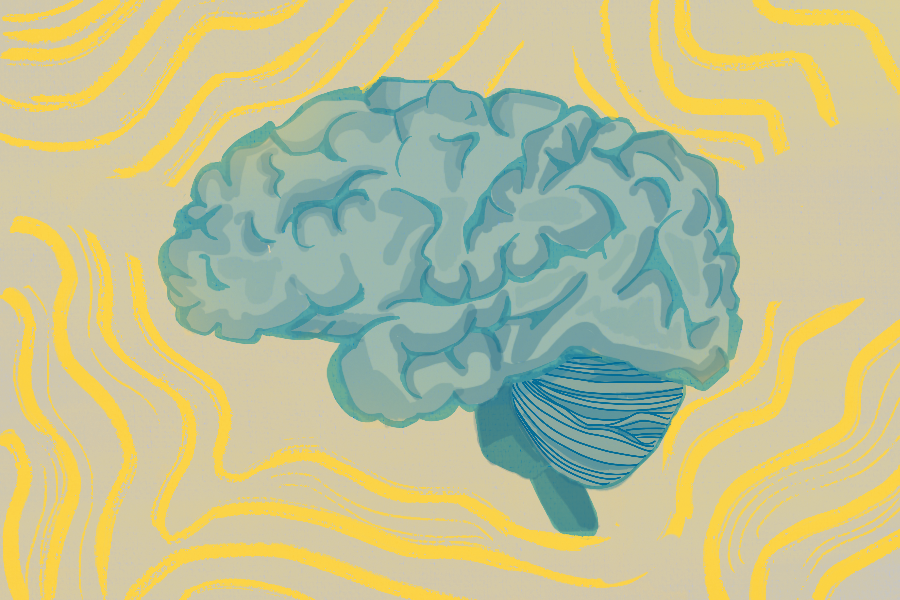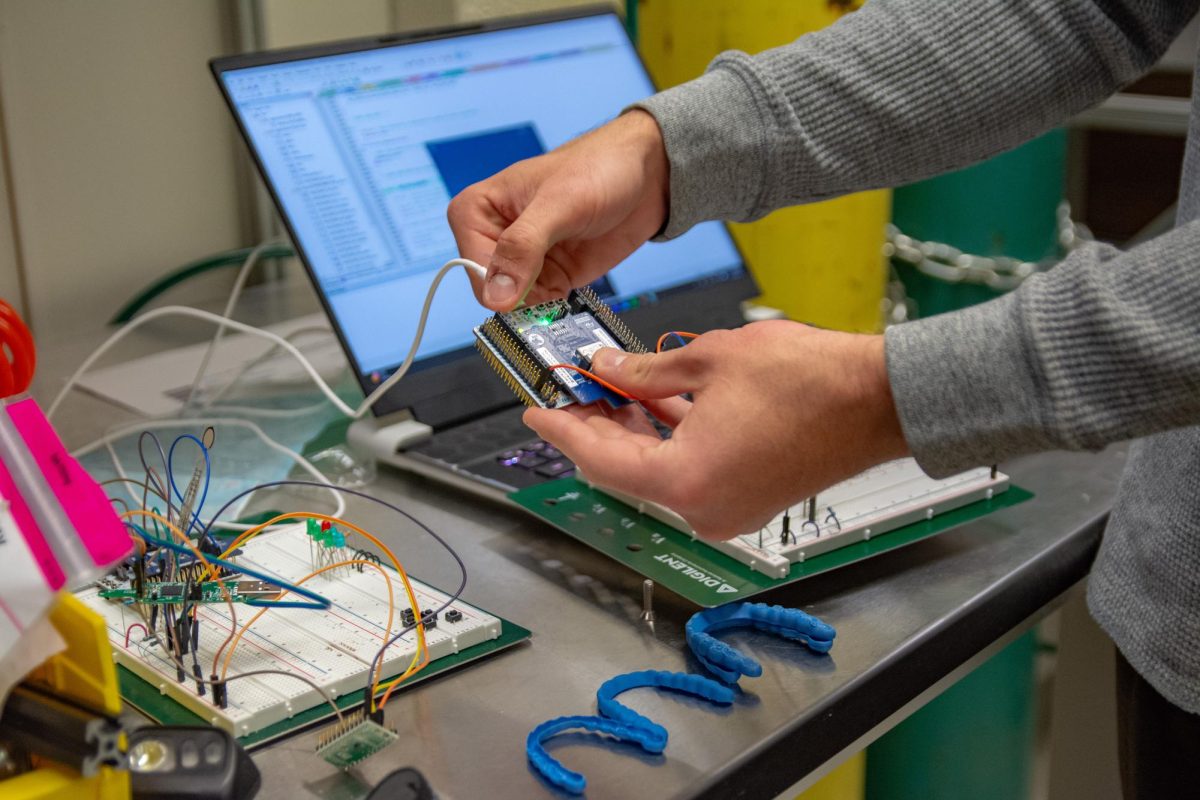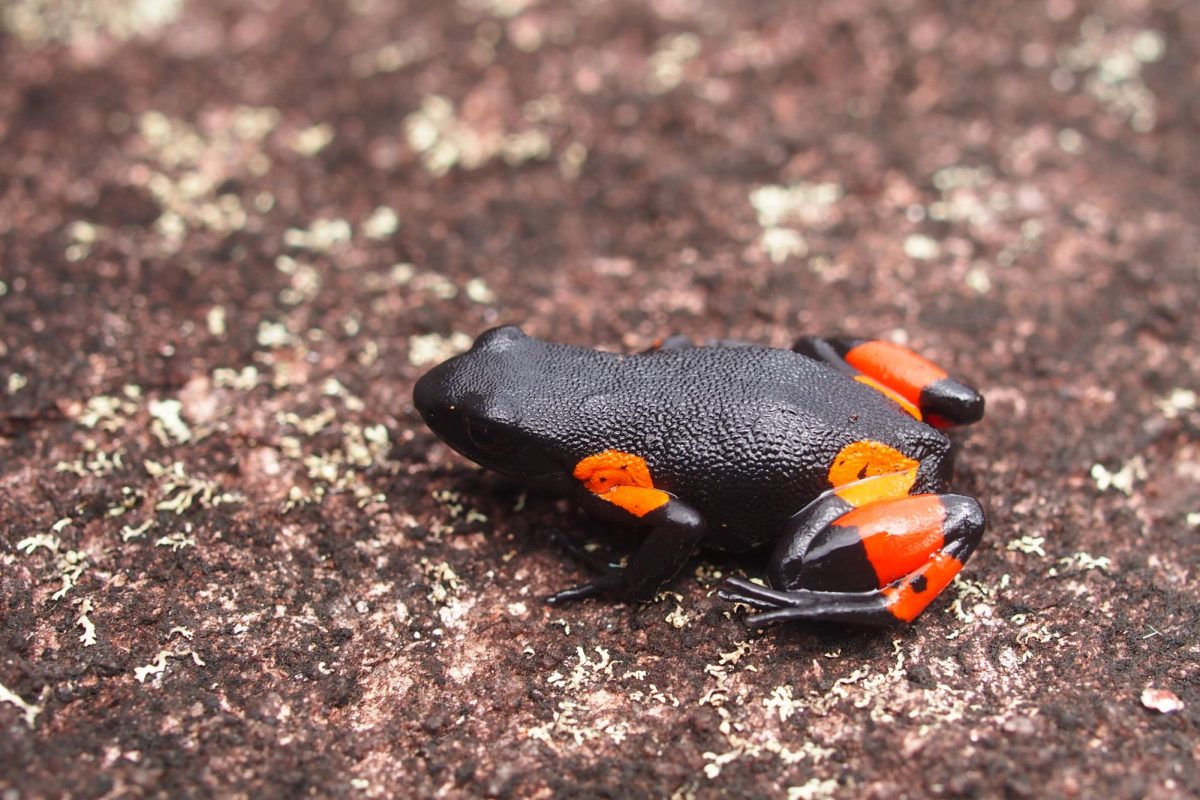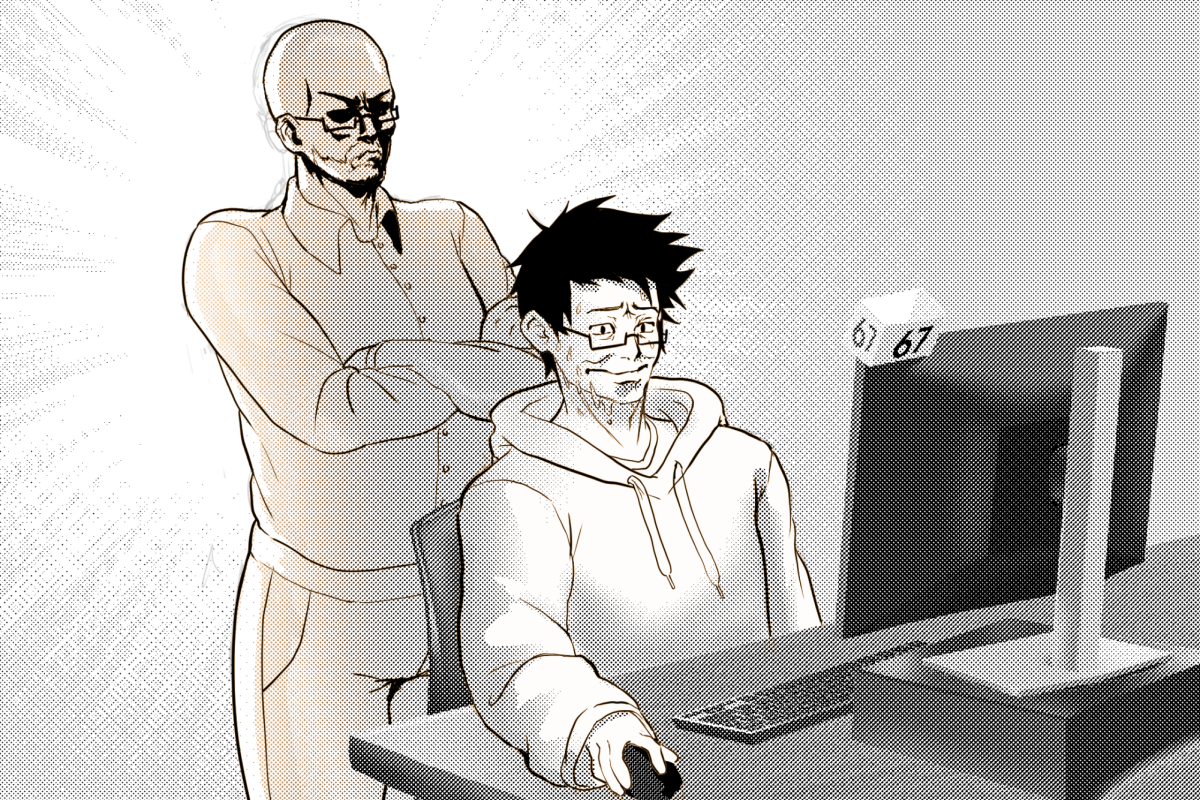NeuroTech, a registered student organization at the University, aims to expose students of different majors and concentrations to neuroscience through events and projects and harbor a community of like-minded individuals who share a passion for the field.
The field of neurotechnology is particular in its objectives. Neurotechnology utilizes research done in the field with the goal of developing a better understanding of the brain, visualizing its processes and improving its function.
Due to the multitude of students from various disciplines who are a part of the club, the RSO is divided into a project-based structure for the organization, said Palak Purwar, president of NeuroTech.
The first of five projects is named Research and Apply, which aims to analyze and locate the N400. An event-related potential, or ERP, shows changes in ongoing brain activity through an EEG, a test measuring brain activity using electrodes connected to the scalp that showcases a certain negativity point through the data.
“(The) signal can relate to semantic processing and how we predict words,” said Anagha Dangi, project manager of Research and Apply. “We’re looking at deficits in the signal in specific neurological disorders.”
Get The Daily Illini in your inbox!
The Research and Apply project centered on the neurological disorder schizophrenia last year and will continue the same research this year as well. It will specifically look at how the N400 signal changes depending on whether the patient suffers from chronic schizophrenia and how the signal can be used to determine how severe the disorder is.
Another project, BrainWaves, focuses on making content in the form of short videos. These videos are targeted towards younger audiences and are sent to local schools with the hope of promoting the field of neurotechnology in an easy-to-understand way.
NeuroTech also focuses on outreach through its NeuroTech Magazine. The Magazine team provides an extensive look into research in the field, giving space for professors to let students view how research is taking place. The team provides neuroscience-based infographics and articles.
“Some of the articles we’re going to be looking at this semester are epilepsy imaging, neural modeling for diseases and looking at noninvasive techniques for Parkinson’s disease,” Dangi said.
The RSO also has a team called Universum that focuses on advancements in neurorehabilitation, robotics and sports science. The team’s objective in Universum is to train a neural network to evaluate the positioning of the body using EEG data with the ultimate goal of estimating the tilt of a person’s torso.
Universum is currently in the Bio-Informed AI Research Competition at the Beckman Institute, in which the team has two months to work with faculty sponsors and submit a final report. The competition is among any willing University undergraduate and graduate students and has the objective of creating a project or answering a research question. The final report consists of a summary of the team’s work followed by a presentation.
The project is heavily immersed in pushing the boundaries of modeling proprioception and “cognitionling”; or, in other words, agility, balance and coordination.
The final focus of the organization is VR Neuro Feedback, the newest addition to the RSO. It focuses on creating virtual-reality situations that are responsive to different EEG signals. The purpose of this is to personalize therapeutic experiences for patients, especially athletes.
“(VR Neuro Feedback) therapy enhances cognitive functions and addresses neurological conditions,” Purwar explained.






